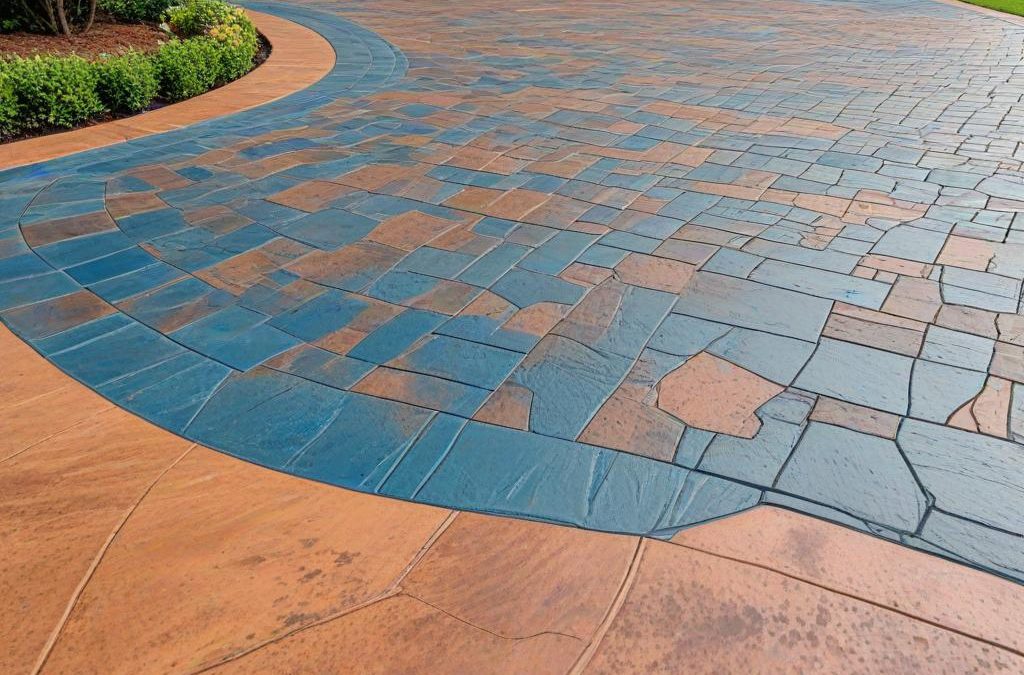1. Which concrete is best for construction?
Answer: The best concrete for construction depends on the specific application, but typically, ready-mix concrete is commonly used due to its convenience, consistent quality, and performance. For structural applications, reinforced concrete (RC) is often considered the best due to its enhanced strength and durability.
2. What grade of concrete is used for road construction?
Answer: For road construction, high-strength grades like M30, M35, M40, and above are commonly used. M40 and higher grades are preferred for heavy-duty roads and highways.
3. What is the most expensive component of concrete construction?
Answer: The most expensive component of concrete construction is typically the cement. Cement is the binder that holds the aggregates together, and it usually represents a significant portion of the material cost.
4. What is the best cement for concrete road construction?
Answer: Ordinary Portland Cement (OPC) of Grade 43 or 53 is generally considered the best for concrete road construction due to its high strength and quick setting properties.
5. What is the best concrete mix for roads?
Answer: A common mix for concrete roads is a 1:2:4 ratio (cement: sand: aggregate) with a water-cement ratio of around 0.4 to 0.5. For higher performance, a mix design using M40 or M50 grade concrete can be used.
6. What type of concrete is used for highways?
Answer: High-performance concrete (HPC) or high-strength concrete (HSC) with grades such as M40, M45, and M50 are typically used for highways due to their durability and strength.
7. What is the hardest concrete you can buy?
Answer: The hardest concrete is ultra-high-performance concrete (UHPC), which can achieve compressive strengths of over 150 MPa (21,750 psi).
8. What is the strongest concrete available?
Answer: Ultra-high-performance concrete (UHPC) is the strongest concrete available, with compressive strengths exceeding 150 MPa (21,750 psi).
9. What is the most durable concrete?
Answer: Ultra-high-performance concrete (UHPC) is also considered the most durable concrete due to its dense microstructure and high strength, which provide excellent resistance to environmental factors and wear.
10. Why are roads in Texas concrete?
Answer: Roads in Texas are often concrete because concrete provides greater durability and longevity, especially in the hot climate of Texas. It also requires less maintenance over time compared to asphalt.
11. What is the life expectancy of a concrete road?
Answer: The life expectancy of a concrete road is typically between 20 to 40 years, depending on the quality of construction, traffic load, and maintenance practices.
12. Is concrete stronger than asphalt?
Answer: Yes, concrete is generally stronger and more durable than asphalt. It can handle heavier loads and is more resistant to deformation and weathering.
13. What is black cement called?
Answer: Black cement is often referred to as “blacktop” or asphalt cement. It is used in asphalt concrete for road construction.
14. Can I pour asphalt over concrete?
Answer: Yes, asphalt can be poured over concrete, but it requires proper preparation such as cleaning the surface and possibly applying a tack coat to ensure good adhesion.
15. How thick should a concrete driveway be?
Answer: A concrete driveway should typically be at least 4 inches thick for passenger vehicles. For heavier vehicles or more frequent use, a thickness of 5 to 6 inches is recommended.
16. Is gravel necessary under concrete?
Answer: Yes, gravel or a crushed stone base is necessary under concrete to provide a stable foundation, improve drainage, and prevent settling and cracking.
17. How thick should gravel be under a concrete driveway?
Answer: The gravel base under a concrete driveway should typically be 4 to 6 inches thick. This provides adequate support and drainage for the concrete slab.
18. How much weight can 4 inches of concrete hold?
Answer: A 4-inch thick concrete slab can typically hold up to about 3,000 to 4,000 psi (pounds per square inch), which is adequate for the weight of most passenger vehicles.
19. What is the 90 minute rule for concrete?
Answer: The 90-minute rule refers to the time limit within which concrete should be placed after mixing. Ideally, concrete should be placed within 90 minutes of mixing to ensure proper setting and strength development.
20. Is rebar necessary for a concrete driveway?
Answer: Rebar is not always necessary for a residential concrete driveway, but it can provide additional strength and reduce the risk of cracking, especially for driveways with heavy vehicle traffic.
21. How far will a yard of concrete go at 4 inches thick?
Answer: One cubic yard of concrete will cover approximately 81 square feet at 4 inches thick.

